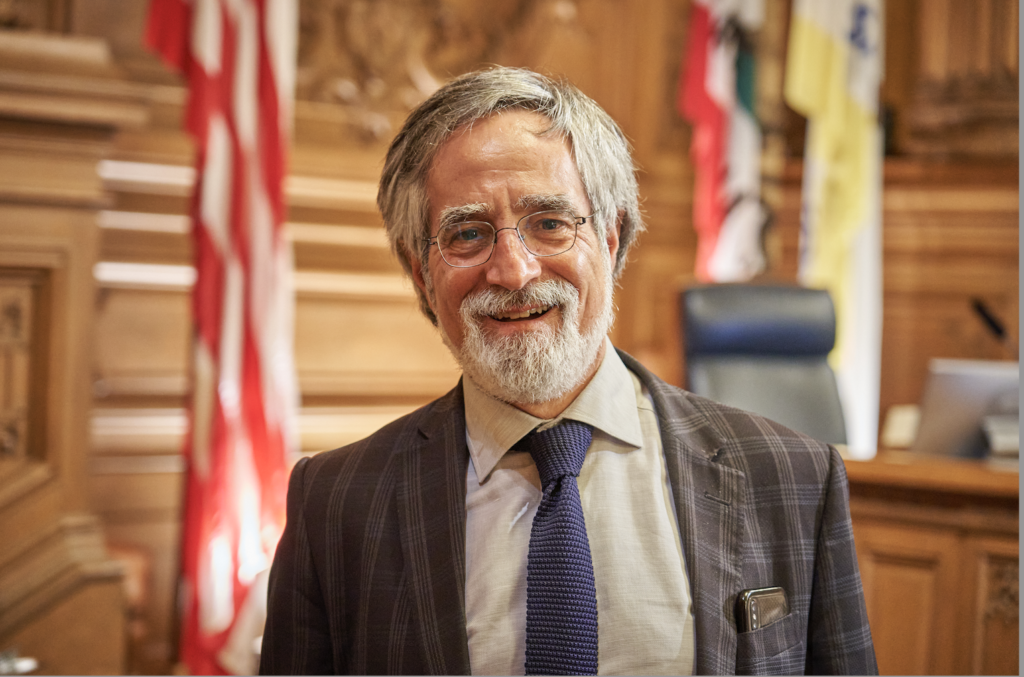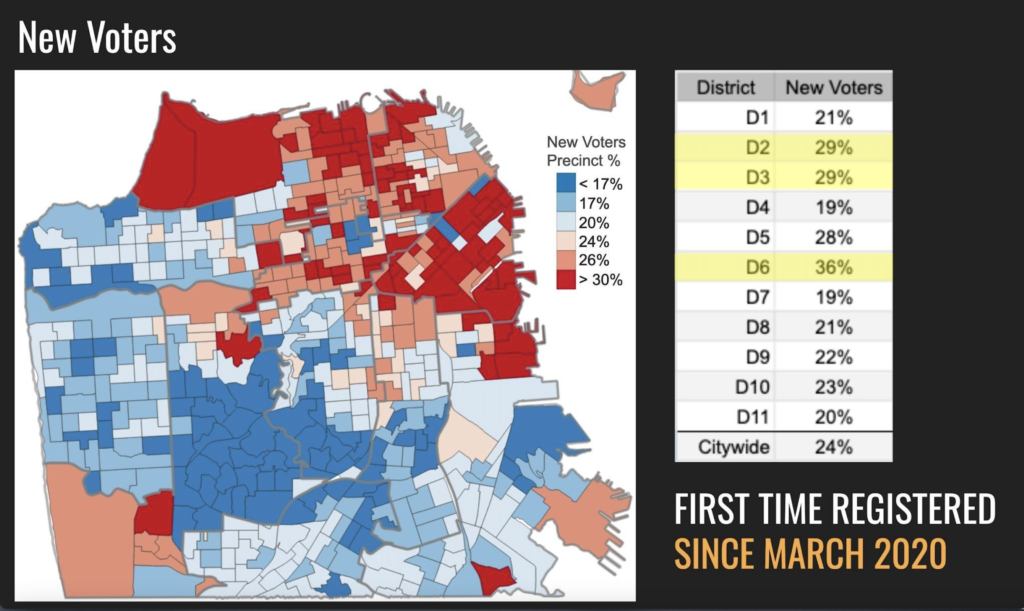>> We need your help! Become a 48hills member today so we can keep up our incredible local news + culture coverage. Join us here.
Proposition 13, passed in 1978, devastated local government and public education in California. There’s another measure on the state ballot that would, opponents say, do as much damage or more—and would directly undermine the ability of state and local government to address the economic inequality that is an existential threat to society.
The state Supreme Court is deciding whether to allow on the fall ballot a measure that would require both a two-thirds vote of the Legislature, and in many cases a vote of the public, before state or local government could impose any new tax or fee.
That would mean a small number of Republicans, or a few big-money interests, could block everything from higher business taxes to fees for affordable housing development.

If the Court allows it on the ballot, we’re talking about one of the most expensive and brutal campaigns, with the future of both state and local government on the line.
Among the biggest donors to the yes campaign is the California Business Roundtable, a state Political Action Committee. Among its biggest donors, according to state records: Kilroy Realty, which is also a major player in SF politics, and Five Point, which is redeveloping the Hunters Point shipyard.
If this goes on the ballot and passes, it would overturn local government and force massive cuts in every social program. The measure would also make it almost impossible for local or state government to tax the rich.
That, of course, is the point.
The AIDS Health Care Foundation in LA is sponsoring a measure that would repeal the Costa-Hawkins limits on rent control and would allow cities to pass, for example, rent controls on vacant apartments. That was a key part of the tenant and progressive agenda in San Francisco in the 1980s and 1990s; the late Sup. Harry Britt even got seven votes on the board for a measure limiting rents on vacant apartments, but then-Mayor Dianne Feinstein vetoed it.
Then, when the US Supreme Court refused to overturn vacancy control laws in Berkeley, Santa Monica, and West Hollywood, the landlords went to the state Legislature, which passed strict limits on what local government can do to control housing prices.
The two measures are going to pit AHF, which has deep pockets, and most of the state’s labor unions against the landlords and big business. I wouldn’t be surprised if the total spending on the two exceeds half a billion dollars.
Lots on the local ballot, too, although the lineup isn’t entirely clear. The right-wing TogetherSF folks officially withdrew a measure to increase the power of the mayor (some say because they feared Sup. Aaron Peskin could get elected), but are still pushing a measure to eliminate a lot of commissions, which as MissionLocal points out, has a lot of the same “strong mayor” language.
There’s a measure in circulation that would tax Uber, Lyft, and Waymo to generate about $30 million for Muni operations; the supporters are still gathering signatures.
The supes have several City Charter amendments pending. Among the most significant:
Sup. Aaron Peskin is proposing a new Inspector General, who would work in the Controller’s Office and would have a mandate to look into malfeasance and corruption in local government. The IG would be nominated by the controller and approved by both the supes and the mayor.
The key element here: The IG would have the power to issue subpoenas and search warrants. That’s a power that the feds have used in the past to crack down on local corruption.
I think this concept plays well with the voters—and I’m not sure who is going to come forward to oppose and anti-corruption measure.
Peskin also has a measure to create a modest set-aside to provide deeply affordable housing for the lowest-income residents and seniors. Under the current standards, supporters say, a majority of senior renters living alone can’t afford the rent at a majority of the city’s senior housing sites, and a single parent working a minimum-wage job makes too little to afford most of the city’s “affordable housing.” Peskin’s measure would set aside $8.2 million, a tiny fraction of the city budget, for deeply affordable subsidies, with the amount rising to $33 million by 2030.
Peskin is offering an alternative to the right-wing measure that would eliminate many city commissions; his charter amendment would create an independent task force to look at streamlining commissions, but would not target any specific agencies for elimination. I’ve long agreed with former Supervisor and Assemblymember Tom Ammiano that the city needs comprehensive charter reform, and it ought to be done by a special community-based panel. This could be the start of that process. He further seeks an independent panel to oversee redistricting, to avoid the gerrymander fiasco that we got last time around.
An anti-corruption, pro-affordability message might help progressives fight the Yimby housing and crime narrative that will define a lot of the fall races. But it’s going to be an interesting election: More than 20 percent of the voters are new SF registrants, and they are focused in a few districts. Here’s a map I’ve been given:

Lots and lots of people in D6 and D3 have never voted in this city before. The messages that reach them might determine the outcome of the election.
Full disclosure: My son and my daughter both work on the Peskin for Mayor campaign.




